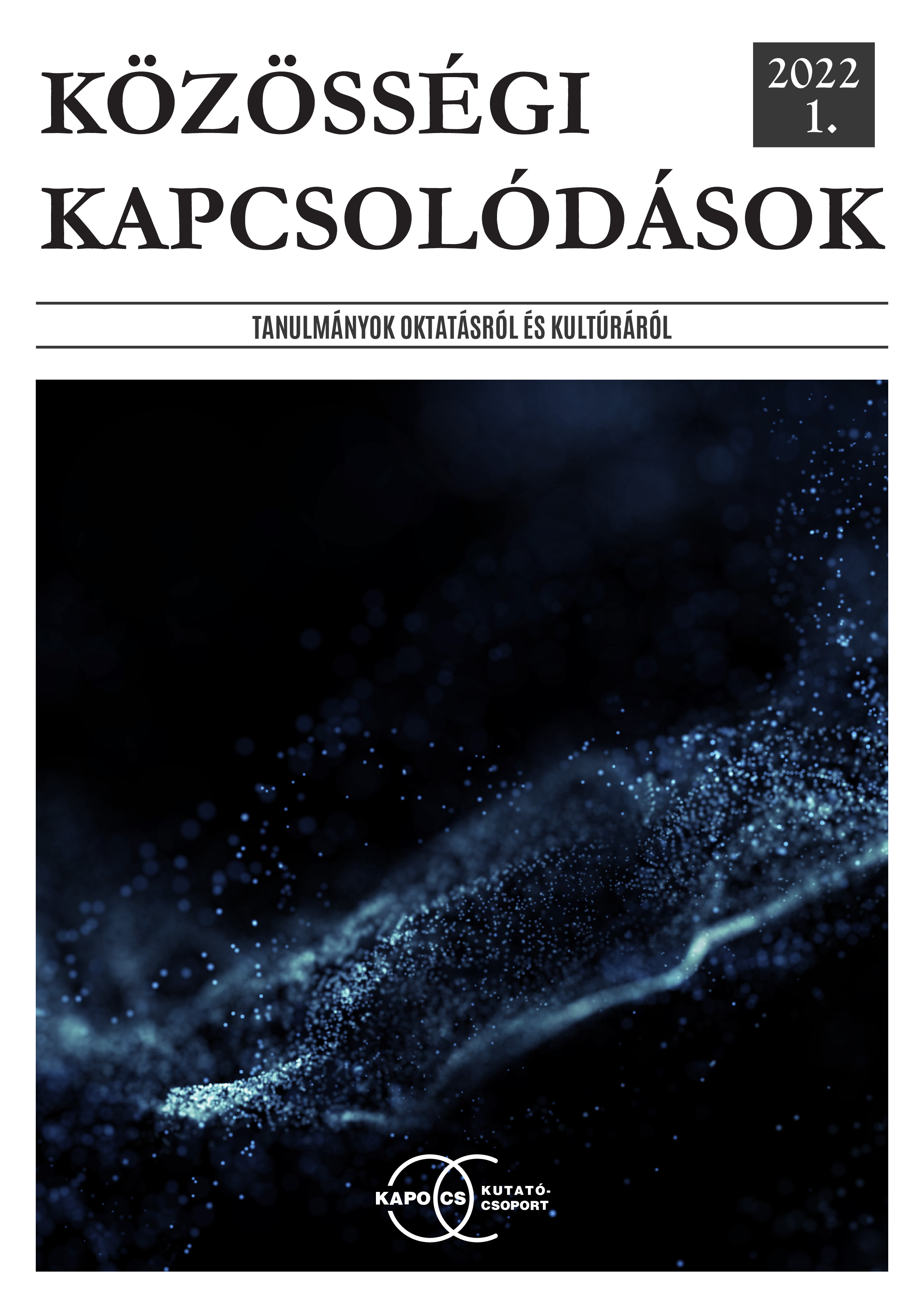The school after the Covid About the topicality of the work Deschooling by Ivan Illich
Main Article Content
Abstract
If we read Ivan Illich's notorious study about the school "Die Entschulung der Gesellschaft" again in 2022, it involuntarily raises the question of whether the Austrian-American philosopher and theologian would change anything about the views outlined there. But the text still has an effect today still as radical as 50 years ago. If he too had survived the pandemic and faced the challenges that plagued the traditional school system, which he called 'norm school', would he have revised his embarrassing educational philosophy, and if so, to what extent? With his hyper-idealistic, provocative, but very thought-provoking ideas, Ivan Illich addresses the dilemmas of traditional school education: e.g. the performance constraints, the "regular schools", education to become consumer idiots, deepening social inequalities, endless contra-selection, etc. The status quo of the two years of the pandemic created a situation where 'mainstream schools' could try to act as 'special schools' by demonstrating their adaptability. The study seeks to re-read and reassess Illich's somewhat combative philosophical views on education in the light of the experiences of the time, and examine whether the experience of teaching in a systems-level online space confirms or refutes the philosopher's ideas.

